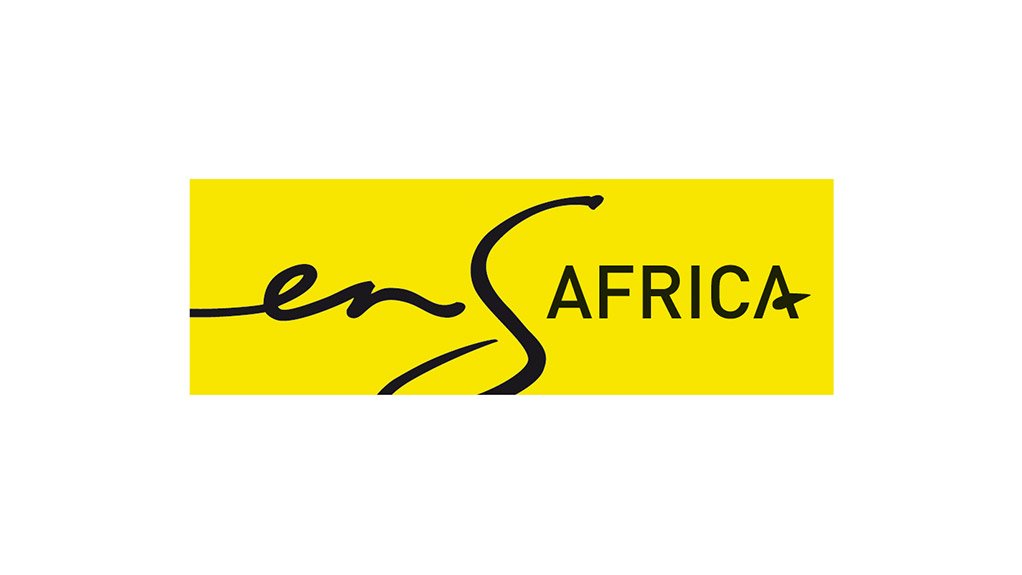On Monday, 23 March 2020, President Cyril Ramaphosa announced a 21-day national lockdown in response to the Covid-19 (otherwise known as the Coronavirus) pandemic, in terms of the Disaster Management Act, 2002. The lockdown will result in all employees (except those performing “essential services”) being confined to their residences and, as a result, being unable to tender services in the “normal” course.
This has created great concern among employees, particularly those that earn hourly and weekly wages, regarding whether they will be able to sustain themselves and their families during the lockdown period. In what has been hailed as ground-breaking, and a demonstration of the co-operation between organised labour and employers, a collective agreement has been signed between the trade unions and employers’ organisations that are party to the National Bargaining Council for the Clothing Manufacturing Industry (“NBCCMI”) which will ensure that employees within the clothing and textile industries will be paid during the lockdown period.
The Collective Agreement, concluded between the Southern African Clothing and Textile Workers’ Union (“SACTWU”) on the one hand, and the Apparel and Textile Association of SA (“ATASA”) and the SA Apparel Association (“SAAA”) on the other hand, safeguards workers’ remuneration during the lockdown period. How is this accomplished without placing undue pressure on employers in this sector who have already been under severe economic constraints due to imports, and who will experience a significant drop in revenue? The solution seems to be found in employers securing additional financing through the Unemployment Insurance Fund (“UIF”) and alternating payment between employers and the UIF payment regime. The payment schedule and the corresponding responsibility for making payment is as follows:
The NBCCMI will be the institution relied on for the UIF distribution payments to workers through company payroll systems. The Collective Agreement also makes provision for an appropriately named “Covid-19 Lockdown Rapid Response Task Team” which will be required to address matters relating to the immediate implementation of the Collective Agreement. The Minister of Employment and Labour has extended the collective agreement by Government Gazette to be binding on all non-parties in the clothing industry with effect from 27 March 2020. This extension is valid for a period of three years until 28 February 2022.
The Collective Agreement is novel in many ways in that these types of agreements are normally utilised within the context of dispute resolution ie, to determine wage increases (pursuant to lengthy wage negotiations) and other terms and conditions of employment, as opposed to the current agreement which serves a wider purpose and seeks to protect both workers’ rights as well as preserve the viability of the industry as a whole.
For more information, please contact: Pareen Rogers or Devon Jenkins
Written by Pareen Rogers, Employment, Director & Devon Jenkins, Employment, Associate; ENSafrica
EMAIL THIS ARTICLE SAVE THIS ARTICLE ARTICLE ENQUIRY
To subscribe email subscriptions@creamermedia.co.za or click here
To advertise email advertising@creamermedia.co.za or click here











